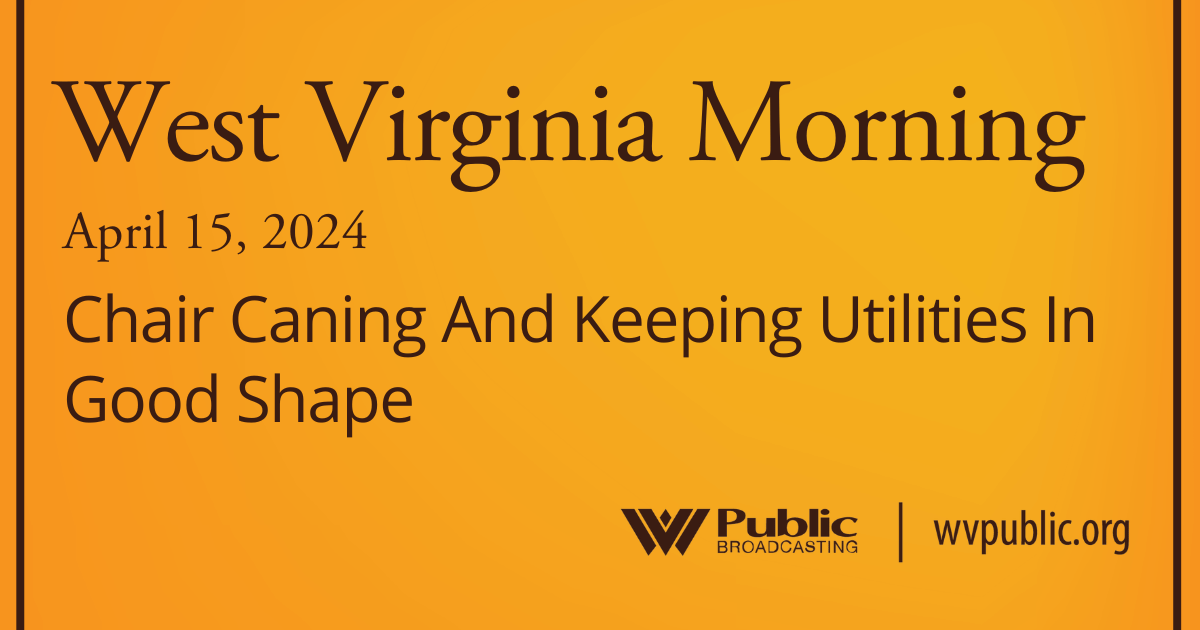State regulators have approved an 8 percent increase in water and sewer rates for the average customers of the West Virginia-American Water Company (WVAW).
State regulators have approved an 8 percent increase in water and sewer rates for the average customers of the West Virginia-American Water Company (WVAW).
That means more than $10 a month.
In its 58-page ruling, the Public Service Commission (PSC) of West Virginia said the average water bill should increase by $5.69 a month, and sewer bills should increase by $5.59 a month.
The company initially filed for a 22.5 percent increase on May 1, 2023. That request was a total of more than $41 million. After the commission allocated a portion of sewer costs to the water operations, the water increase rose to $43 million, or 24 percent.
The net effect of the commission’s decision released Saturday is to approve a $15 million revenue increase, or an 8 percent increase in rates, instead of 24 percent.
The impact on a residential customer using 3,400 gallons of water per month will take the monthly water bill from $71.10 to $76.79.
For sewer operations, residential customers using 3,400 gallons of water per month will take the average monthly sewer bill from $69.92 to $75.51.
The Kanawha County Commission had advocated for no rate increase, but released a statement that said it views the reduced increase as a significant success, with WVAW receiving only a fraction of its requested amount.
At the evidentiary hearing, Commissioner W. Kent Carper voiced his concerns over water rate affordability.
“The reason why the Kanawha County Commission is the only [local] government entity opposing this I don’t quite understand. I think more should,” he said. “But our concern is the affordability of water rates at this point in time. People can’t afford utility rates going up every other year or every year. Sometimes it’s every year because there are different charges besides the base rate … Our objection is these continuous, systemic, back-to-back-to-back-to-back-to-back-to-back rate increases and surcharges and other charges certainly add up.”
The new rates took effect Saturday.
More information on this case can be found on the PSC website: www.psc.state.wv.us. Click on “Case Information” and access Case Nos. 23-0383-W-42T and 23-0384-S-42T.
